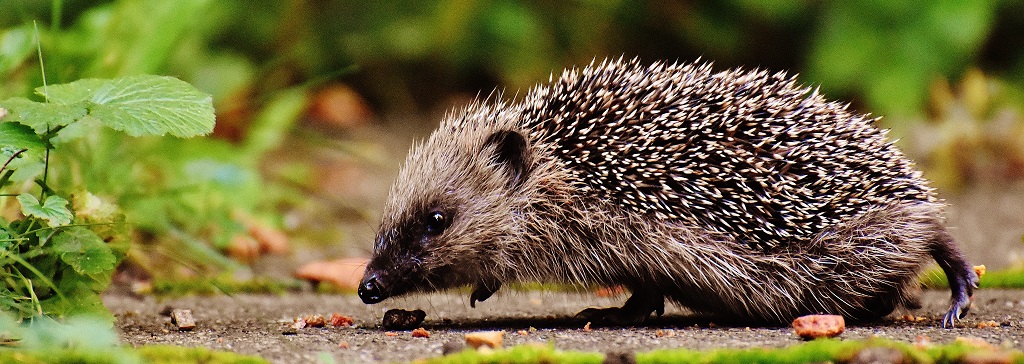Animal Ethics is funding a novel research project examining causes of harm and mortality to wild animals in Greece

In addition to carrying out outreach to spread concern about wild animal suffering, Animal Ethics is supporting research on this topic to gain more knowledge about it and how to approach it, as well as to promote further investigation about these questions.
We are happy to announce that, as part of this effort, we have given a grant to support a project studying mortality and morbidity factors of wild animals admitted to sanctuaries and rescue centers in Greece. The grant recipient, Elisabeth Dimitras, has experience as an ecological researcher and is concerned about the wellbeing of animals living in the wild.
There are two different and important issues that Dimitras’s research will address:
(1) What are the reasons why animals are harmed in nature? This is a question that concerns our proper understanding of wild animal suffering.
(2) What challenges are there when we try to help animals hurt in the wild? This is a question we need to address to decide which courses of action are likely to be most cost-effective in alleviating wild animal suffering.
There are many wild animal rehabilitation centers throughout Greece, so when a wild animal is found injured, sick, or orphaned, there are many possibilities for her rescue, treatment, and continued care. Yet there is no information on why animals end up in rehabilitation centers in the first place and how well they do after they are admitted. Dimitras will look at data from the past few years and analyze reasons for admission, mortality rates, cause of death by age and sex, how this varies over time, and the outcomes of the animals after treatment. Although this study would not provide a complete picture of the wellbeing and mortality of wild animals in Greece, it would be a first attempt to study records of wild animals in Greece with the purpose of understanding their wellbeing.
Overall, people tend to focus on the anthropogenic reasons for wild animal suffering. There is little awareness of the natural factors that harm animals living in the wild (e.g., parasites, diseases, weather conditions, injuries not related to human activity). This is largely because so many people have a wrong idea of wild animals living happily in their natural environments, with little suffering other than that caused by humans. Another reason is the belief that what is natural is inherently good, regardless of how animals feel.
From the data she collects, and in order to shed new light on the two problems above, Dimitras will be researching the following questions:
(1) At the moment they are admitted to the sanctuary or found:
What is the leading cause of injury or death for members of each species and in each region? What is the mortality rate for each species?
Ιs there an age (newborns, juveniles, adults) pattern or a sex pattern?
How does this change over time?
What times are most dangerous and why?
(2) During the time they are cared for in the sanctuary:
What are the mortality rates by sex and age for each species?
What are the living conditions of the individuals who live the rest of their lives in sanctuaries?
How many of the individuals admitted to the wildlife hospitals are returned to the wild?
We will continue to fund research projects that will help us better understand wild animal suffering and make it more tractable. We’ll soon announce other new research and outreach projects with this aim.
Thanks to all the people who support our work for making it possible for us to engage in projects such as this.
If you would like to learn more about these issues, see our sections about the situation of animals in the wild and ways we can help animals.